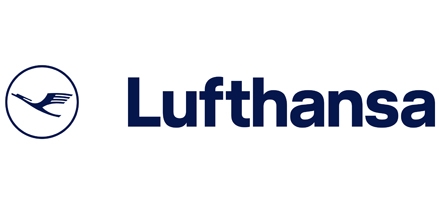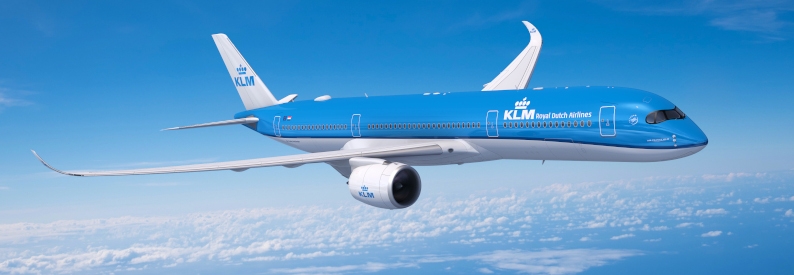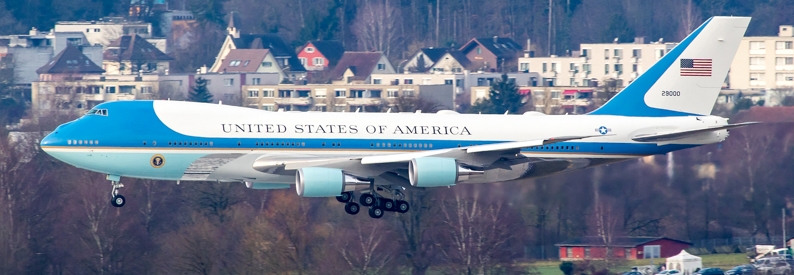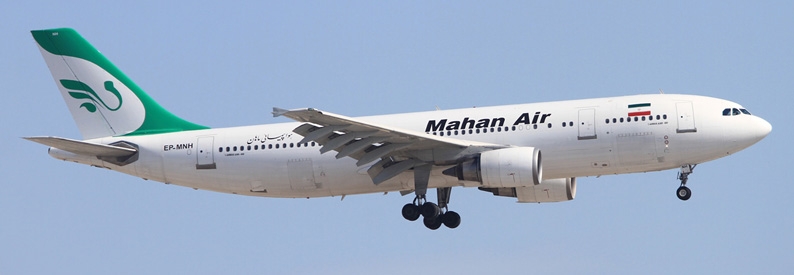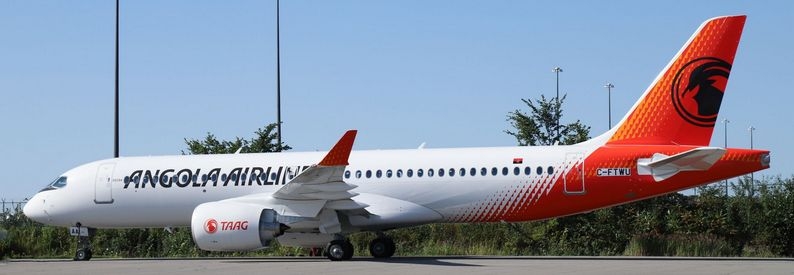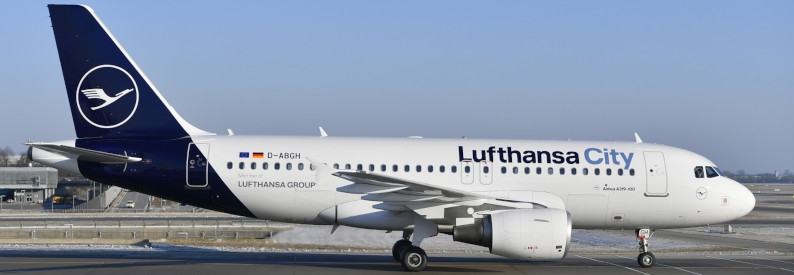Lufthansa (LH, Frankfurt International) has raised EUR1.6 billion euros (USD1.92 billion) by issuing a bond on February 4, funds it will channel towards repaying “ahead of schedule” part of the bailout Germany provided it last year via state-owned development bank KfW.
The bond, with a denomination of EUR100,000 (USD120,000), was placed in two tranches with terms of four and seven years, respectively, the company outlined in a statement.
The first, with a term until February 11, 2025, has a volume of EUR750 million (USD899 million) and bears interest of 2.875% per year. The second, with a term until February 11, 2028, has a volume of EUR850 million (USD1.02 billion) and bears interest of 3.75% per year.
Based on these new long-term funds, together with borrowings of EUR2.1 billion (USD2.5 billion) taken in the second half of 2020, Lufthansa said it had secured the refinancing of all financial liabilities due in 2021, around EUR2.6 billion (USD3.1 billion).
As contractually agreed as part of the “stabilisation measures” in June 2020, raising additional funds would have to lead to the repayment of the KfW loan.
“Thus, the loan of EUR1 billion [USD1.2 billion] will be repaid to KfW ahead of schedule. After full repayment, Lufthansa will again have the aircraft pledged as collateral for the KfW loan at its disposal,” the statement said.
Out of the EUR9 billion made available to Lufthansa last June, EUR5.7 billion (USD6.8 billion) was a silent capital contribution from the state, EUR300 million (USD360 million) was in the form of a share package, and KfW made available the remaining EUR3 billion (USD3.6 billion).
Lufthansa said in its latest statement that as of September 30 it had cash and cash equivalents of EUR10.1 billion (USD12.1 billion) and that it had drawn just under EUR3 billion (USD3.6 billion) of the government stabilisation funds by this date. Among the so-far unused funds is EUR4.5 billion (USD5.4 billion) from the silent participation part of the stabilisation package.
Remco Steenbergen, chief financial officer, said the company was “very grateful for the support we receive in our home markets,” adding that the bond placement “allows us to repay the entire KfW loan. The refinancing even lowers our financing costs.”
But he cautioned: “Despite the repayment, however, it is likely that we will draw additional elements of the stabilisation package which are currently unused. The extent of the utilisation will depend on the further course of the pandemic.”
- Type
- Base
- Aircraft
- Destinations
- Routes
- Daily Flights
